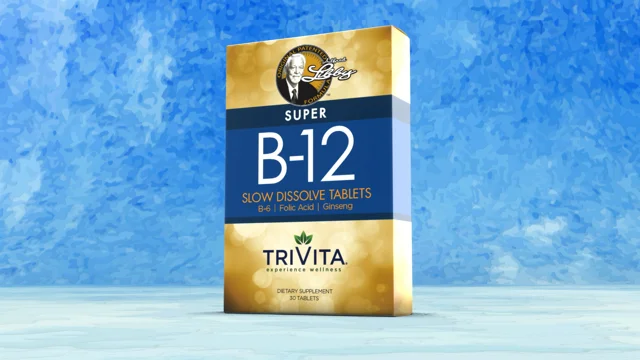Resveratrol is a type of natural phenol and a phytoalexin produced by red grapes, peanuts and other plants. Trans-resveratrol is the active ingredient in resveratrol and is widely used in supplements.
Trans-resveratrol is great at multitasking. It can help with heart health, brain health, anti-aging and has antiviral benefits. In recent years, extensive research on resveratrol has been carried out, demonstrating its capacity to prevent a wide variety of conditions, including cardiovascular diseases and cancer, and to control fungal, bacterial and viral infections. Studies suggest that the chemical agent in resveratrol interferes with infection by altering cellular pathways rather than acting directly against the virus itself.
The antiviral effects of resveratrol have been demonstrated in a number of pathogenic human and animal viruses, including influenza, Epstein-Barr and various respiratory viruses. The resveratrol inhibits viral protein synthesis and various transcription and signaling pathways and viral-related gene expressions.
There still are more studies to be done on resveratrol, but evidence gathered so far shows high antiviral potential. Resveratrol has shown to be a potent antiviral molecule against various types of DNA and RNA viruses.
References
- https://pediaa.com/what-is-the-difference-between-resveratrol-and-trans-resveratrol/
- https://pubmed.ncbi.nlm.nih.gov/20074034/
- https://www.hindawi.com/journals/av/2015/184241/
- https://portlandpress.com/biochemsoctrans/article/38/50/66211/Antiviral-activity-of-resveratrol









